3/25/19 Vantage Point Radio with Dr. Ron Daniels — Topics Combating Gentrification with Beloved Streets • The Mueller Report. Guests Melvin White (President/CEO, Beloved Streets of America, St. Louis, MO) Mark Thompson (Host of Make It Plain, SIRIUS XM, New York, NY)
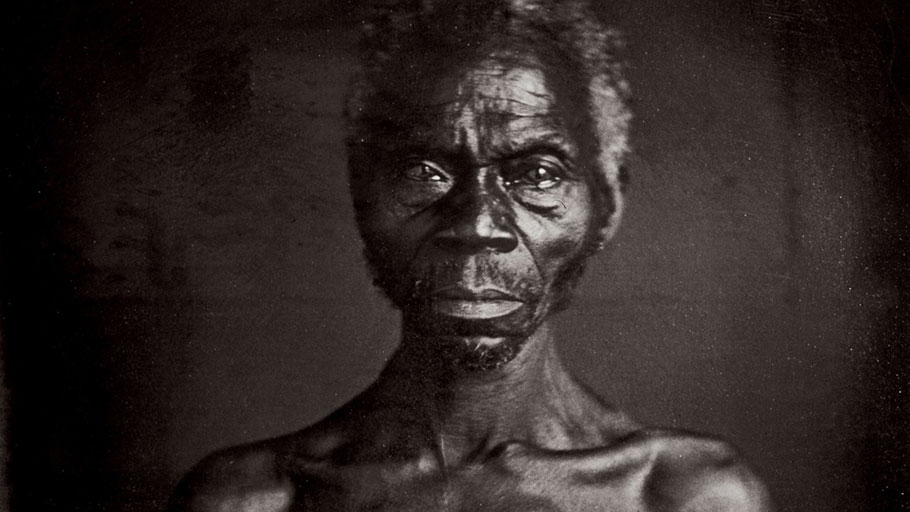
Harvard University sued over allegedly profiting from what are believed to be the earliest photos of American slaves. By Joey Garrison, USA Today — Video — A lawyer says Harvard…
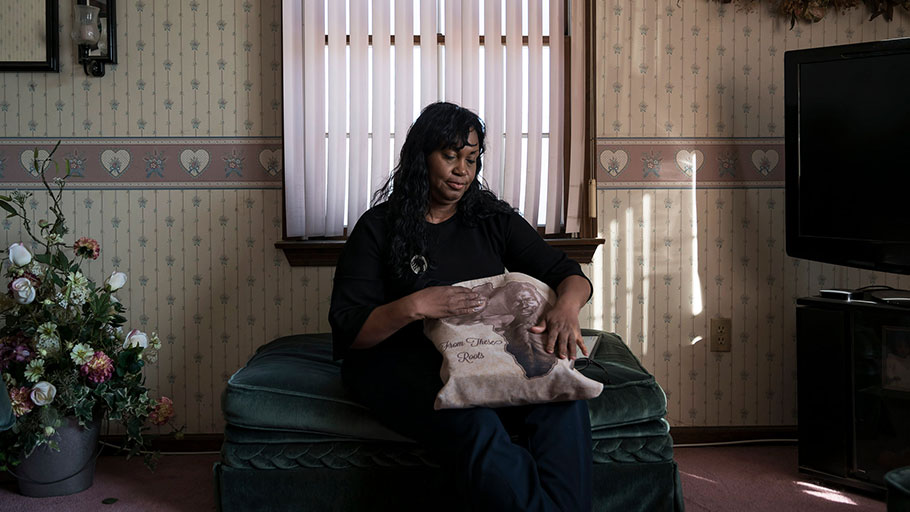
By Anemona Hartocollis, The New York Times — NORWICH, Conn. — The two slaves, a father and daughter, were stripped to the waist and positioned for frontal and side views. Then, like subjects in contemporary mug shots, their pictures were taken, as part of a racist study arguing that black people were an inferior race. Almost 170 years later, they are at the center of a dispute over who should…

Charles and Camilla are the latest to arrive and help whitewash the injustices of slavery and empire. By Nalini Mohabir, The Guardian — Once upon a time monarchs ruled by divine right, then later with charismatic authority. The future king Prince Charles (#NotMyPrince) has neither. Yet Caribbean governments are paying for Prince Charles and Camilla’s royal tour of the Caribbean which began on Sunday and continues for 12 days, to…
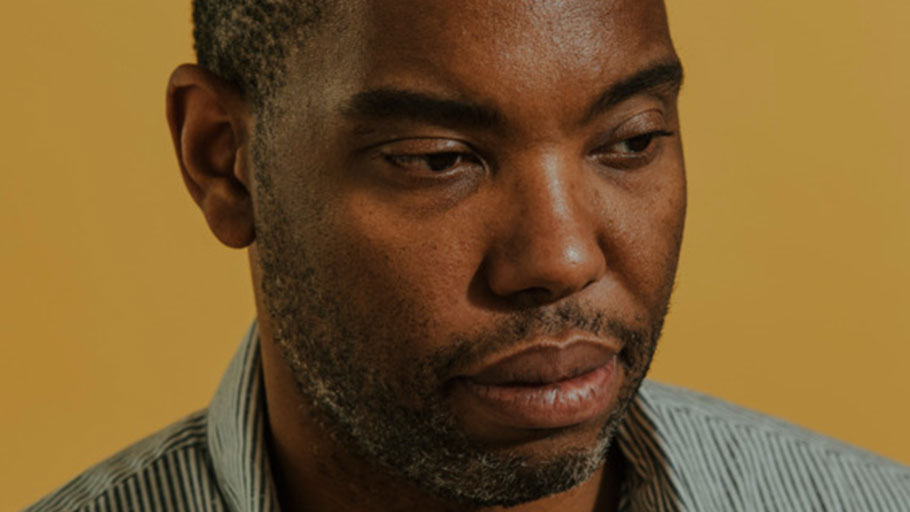
By Eric Levitz, New York Magazine — In recent days, as Democrats debated the definition of “reparations,”Joe Biden rationalized his opposition to integration, and socialist congresswomen started demanding the rebirth of a nation, inquiring minds wanted to know: What would Ta-Nehisi say? Throughout the Obama years, Ta-Nehisi Coates provided politics-watchers with a regular source of historically grounded, bracingly well-written punditry and reporting. But since 2016, the writer’s ambitions have led him off of…
Rescuing Black Detroit, Legalizing Marijuana in New York State — March 18th Edition of Vantage Point
3/18/19 Vantage Point Radio with Dr. Ron Daniels — Topics: Rescuing Black Detroit, Legalizing Marijuana in New York State: A Reparatory Justice Framework. Guests: Korey Batey, Founder, Detroit Ain’t Violent (D.A.V.I.S.) Initiative, Detroit, MI and Kassandra Frederique, New York State Director, Drug Policy Alliance, New York, NY

By RT News — Aboriginals in Australia have won a ground-breaking case that paves the way for billions of dollars in compensation claims for colonial land loss, as well as…
MSNBC VIDEO — Reparations for slavery is becoming a hot button issue in 2020. Joy Reid is joined by Rep. Shelia Jackson Lee on H.R. 40, which would create a commission to study reparations, and long-time participant in the legitimate movement for reparations, Rev. Mark Thompson.
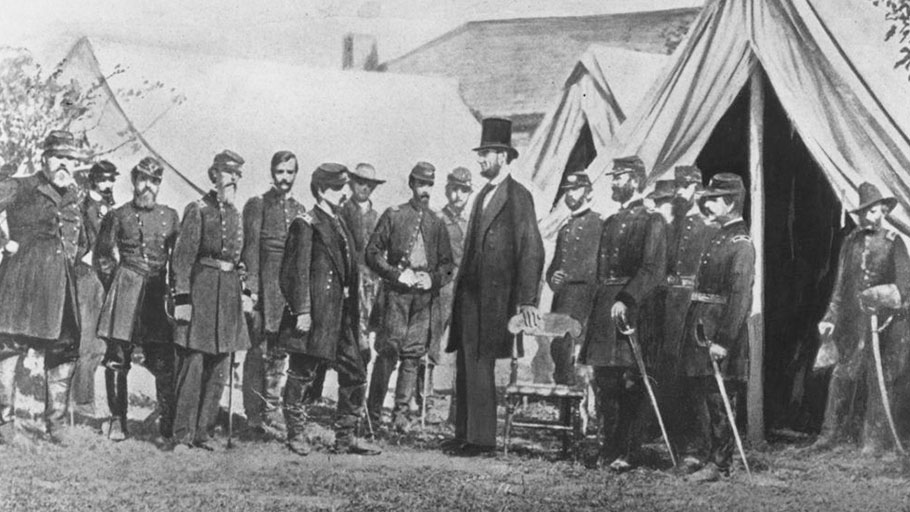
By Noah Smith, Bloomberg — The issue of reparations for African Americans is, of course, full of more moral and historical issues than one column, even by someone with much greater understanding and deeper knowledge than me, could ever resolve. But since the proposal is now being taken seriously, it’s worth thinking about the economics of how it could and should work. The idea of compensating the descendants of American…
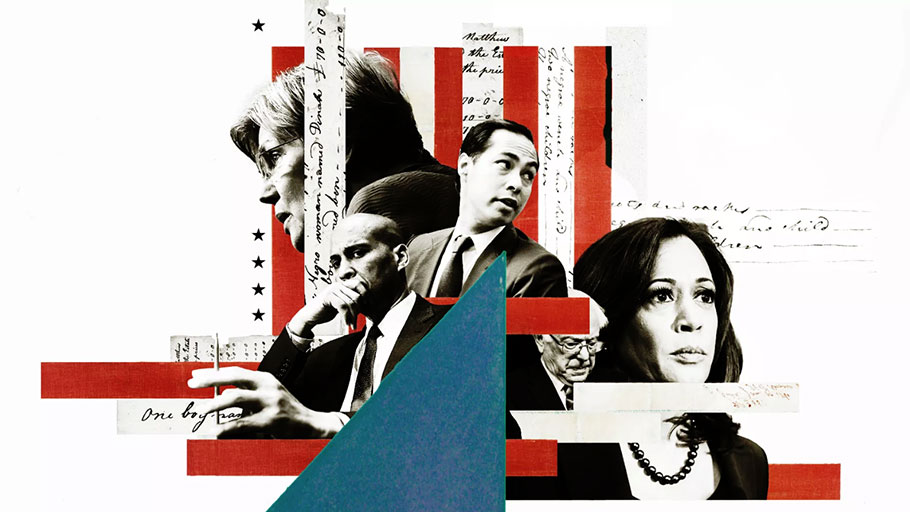
Openly talking about reparations for the descendants of enslaved men and women is a notable shift for Democrats. But the conversation still lacks substance. By P.R. Lockhart, VOX — A…

National African American Reparations Commission Applauds Recent Statements of Interest by 2020 Presidential Contenders Calls on all the Candidates to Support HR-40 Download/Print PDF or DOC version of this…
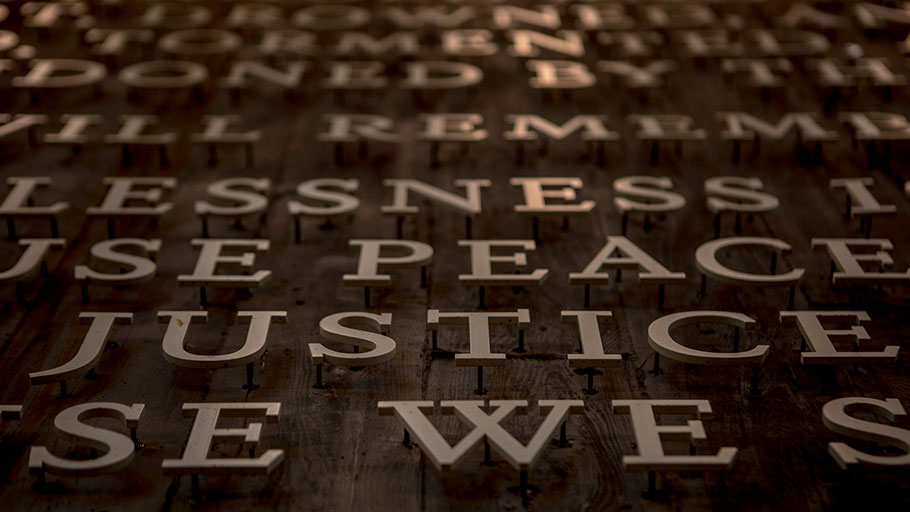
By David Brooks, The New York Times — I’ve been traveling around the country for the past few years studying America’s divides — urban/rural, red/blue, rich/poor. There’s been a haunting sensation the whole time that is hard to define. It is that the racial divide doesn’t feel like the other divides. There is a dimension of depth to it that the other divides don’t have. It is more central to…














